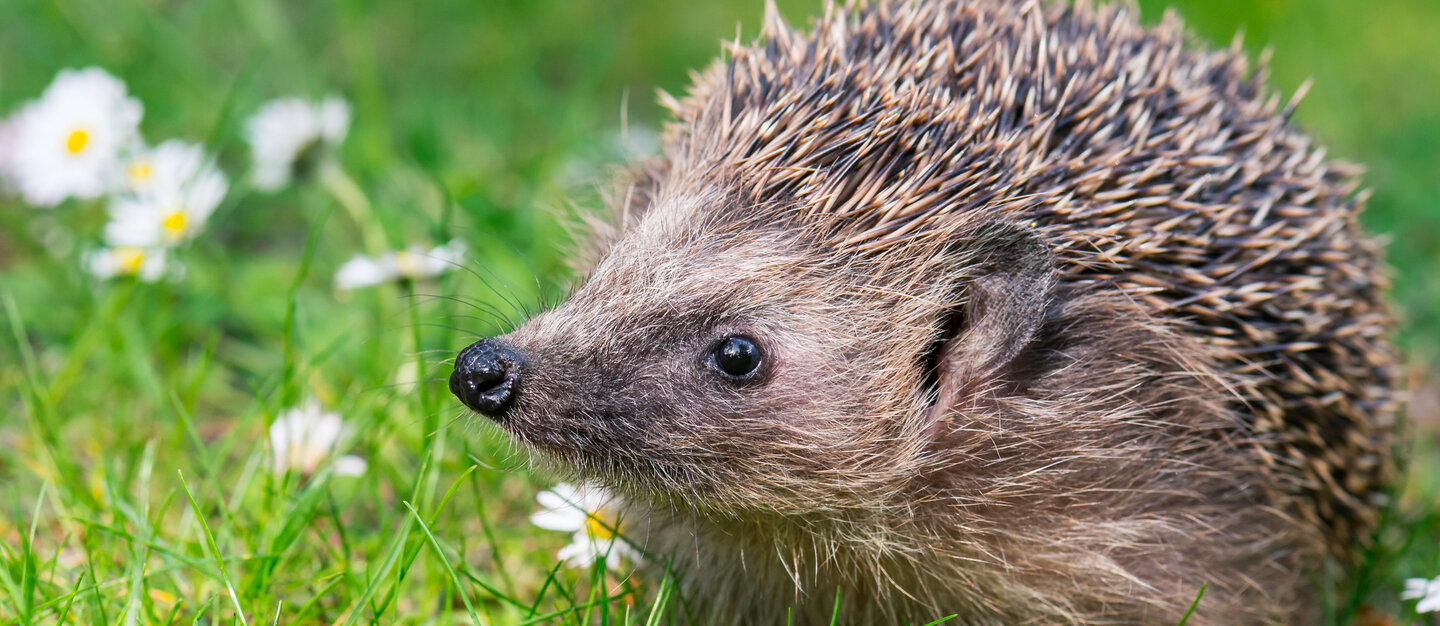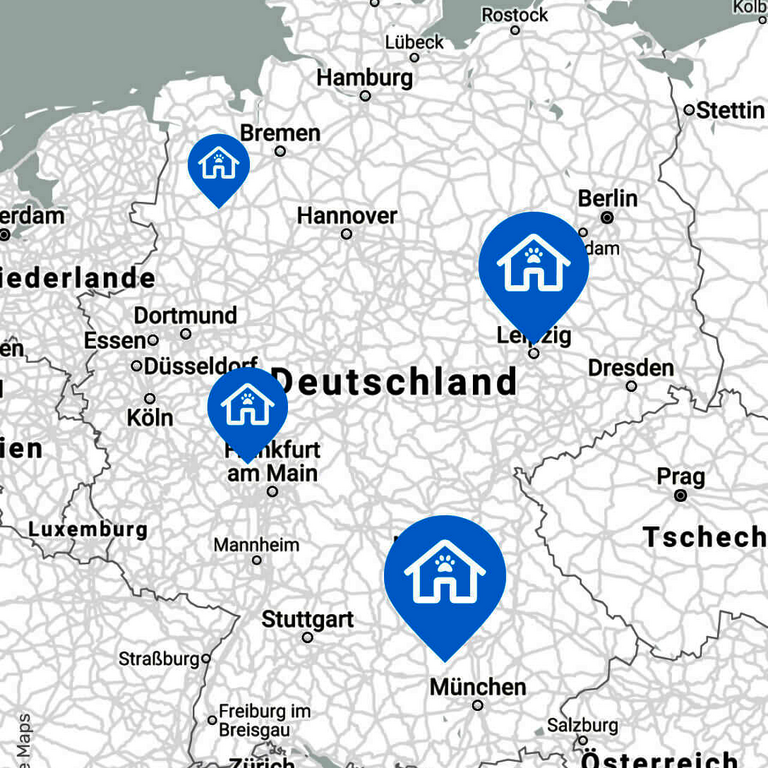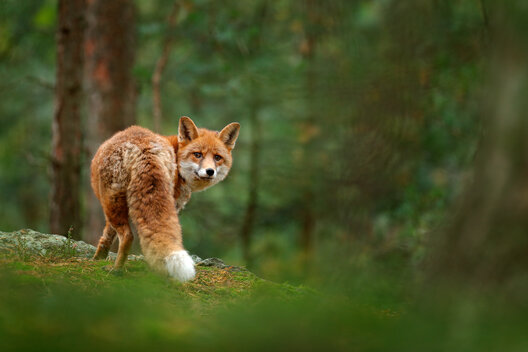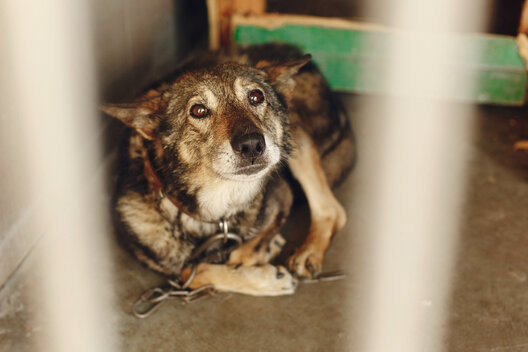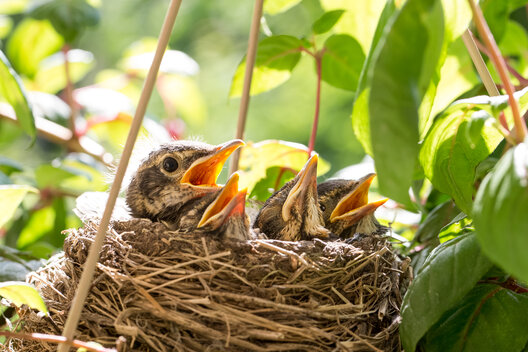Wild animal found or hit by a carInjured wild animal needs help: what you can do
What to do if you find an orphaned, sick or injured wild animal on a walk or in the garden:
- Observe the animal from a safe distance. Unless you immediately recognize that it is in acute danger (continue to point 2). Only orphaned young, injured or sick animals are really in need of help. However, foundlings such as fawns or young birds are not alwaysreally parentless. Even a seemingly sick hedgehog may, at second or third glance, be perfectly healthy or at least able to look after itself. If you initially keep an eye on the animal from a distance, you will save it and yourself a hasty rescue operation.And only then are taking in and caring for the animal legally permitted.1
- Contact the local animal welfare organization or the police. If you need to find help for a wild animal in distress quickly, you should call the local animal protection association, a wildlife station or the local nature conservation authority. The staff will tell you what to do. They will also know the addresses of nearby care facilities or rescue centers. The police can also help you if necessary.
- Do not care for an orphaned or injured wild animal yourself as a layperson. Do not take it to the nearest rescue center without consulting them. It could be a strictly protected wild animal species that must be reported.2 Many native wild animal species are also subject to hunting law.3 It is considered poaching if you load such an animal into your car without the consent of the responsible hunter.4 Therefore, if you find a wild boar, fox, hare or deer, for example, report it to the local hunting authority, forester or gamekeeper. If you do not know how to contact them, call the police.
TIP: How to avoid a wildlife accident
Slow down at the edges of forests and fields. This applies especially if you spot a wild animal. If it is close to or even on the road, you should sound your horn to scare the animal. However, switch off the high beam if it is switched on. Blinded animals often lose their orientation in the headlights or go into shock.
What to do if you have hit a wild animal
- Please help. As a driver, you are ethically and legally obliged to look after an injured wild animal and call for help. But even if you did not cause the accident, you should help the animal.
- Remain calm. Panic will not help the animal. Secure the scene of the accident with a warning triangle and hazard warning lights. Wear a high-visibility vest.
- Call the police. Stay at the scene of the accident until the police or hunters arrive. Call again after 30 minutes if no one is there yet, so that the animal does not remain at the scene of the accident for hours without help.
- Do not endanger yourself. Keep your distance from injured foxes or deer. Just like an injured wild boar, they can be very fierce and unpredictable. Wait until the helpers arrive and help the animal professionally or release it if help is no longer possible.
Sources
Bundesnaturschutzgesetz (BNatSchG), insbesondere §39, §44 und §45. Online unter: https://www.gesetze-im-internet.de/bnatschg_2009/
Bundesjagdgesetz (BJagdG), insbesondere §1 und §2. Online unter: https://www.gesetze-im-internet.de/bjagdg/
Strafgesetzbuch (StGB) § 292 „Jagdwilderei“. Online unter: https://www.gesetze-im-internet.de/stgb/__292.html
1 vgl. § 45 Abs. 5 Bundesnaturschutzgesetz
2 vgl. § 45 Abs. 5 Bundesnaturschutzgesetz
3 vgl. §2 Bundesjagdgesetz
4 vgl. §292 StGB

